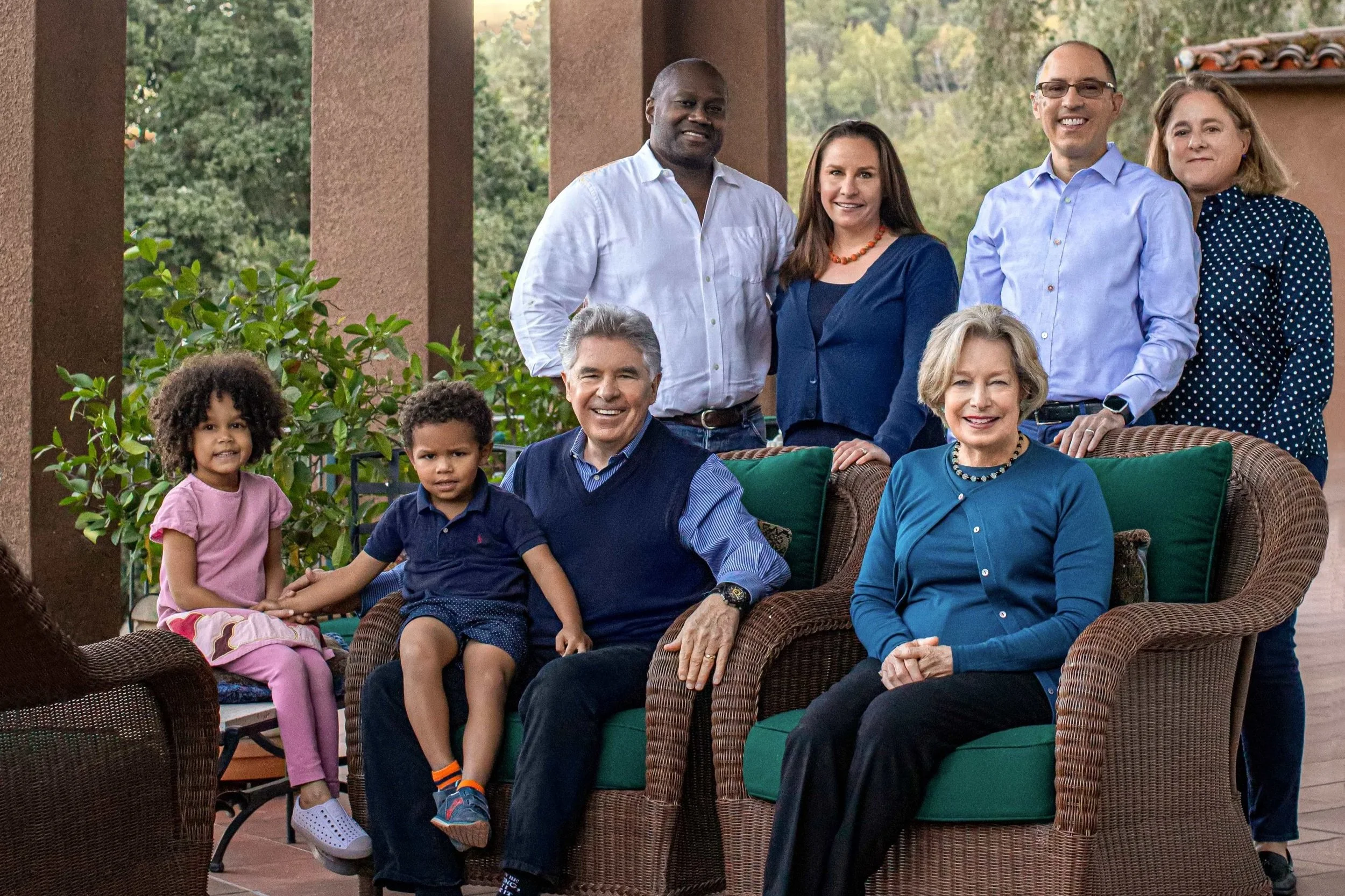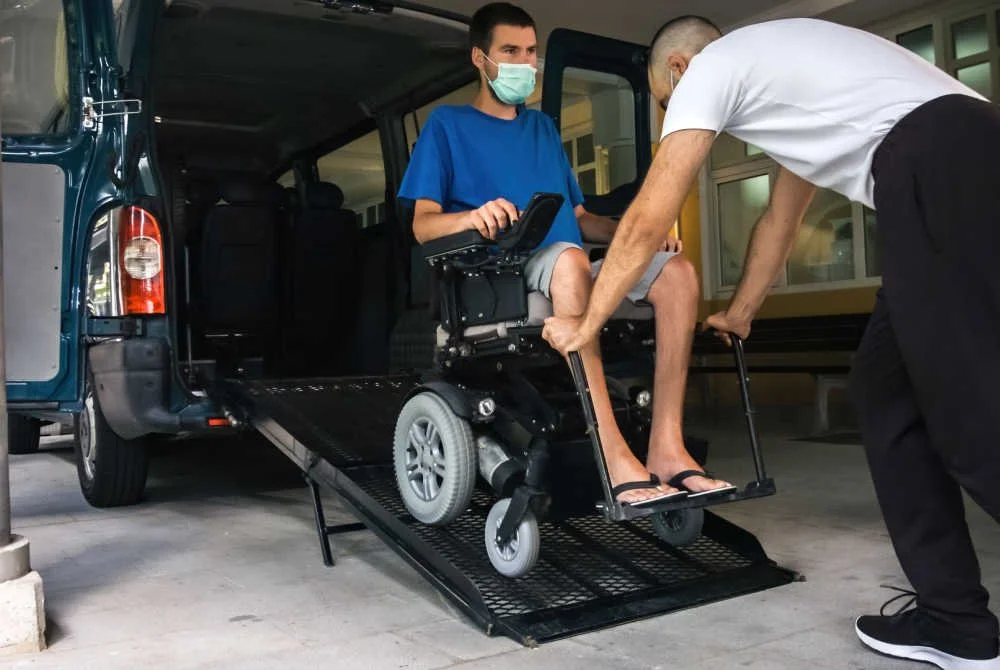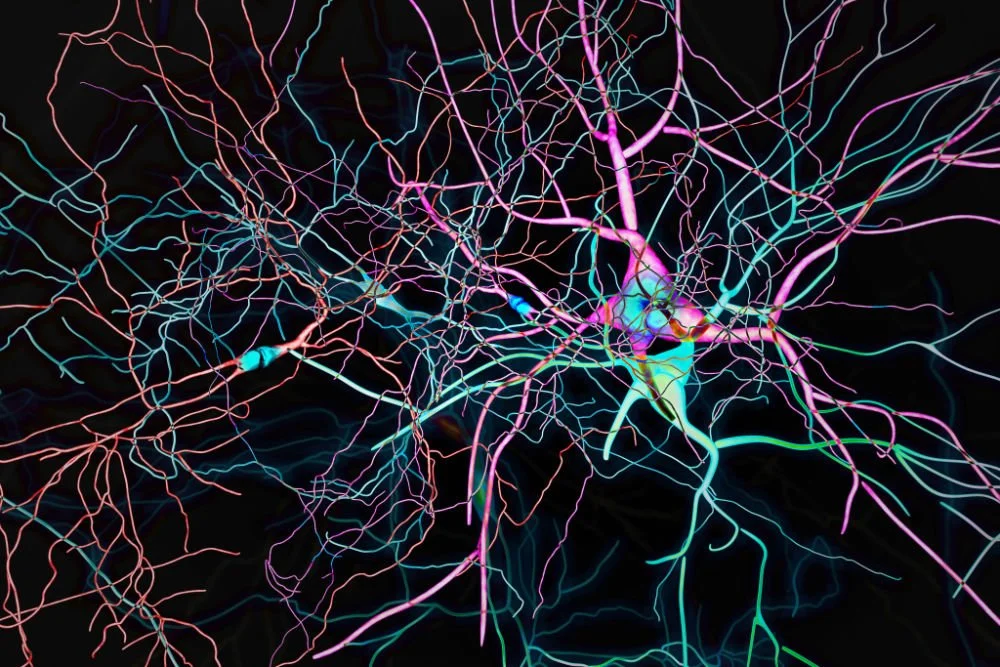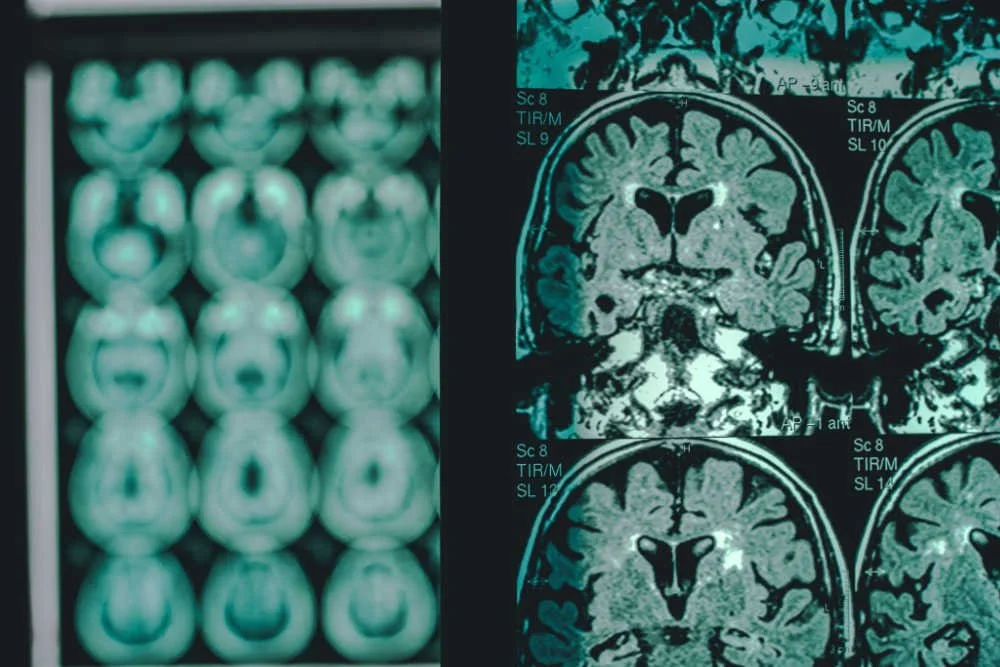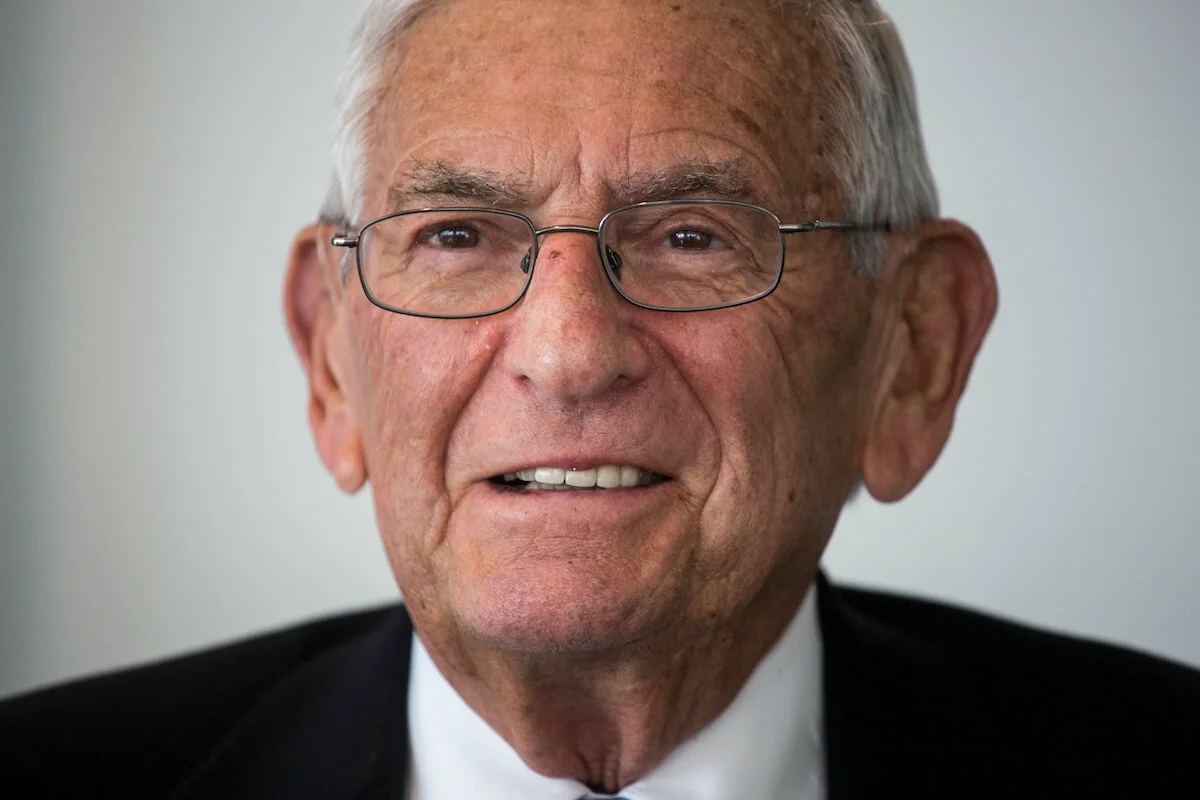While We Wait For a Cure, These Funders are Helping Millions of Alzheimer's Patients Now
/Photo: Photographee.eu/Shutterstock
Lately, Alzheimer’s research has been getting plenty of attention and funding. As we've reported, funders ranging from Bill Gates to the Alzheimer's Association have committed millions to dementia. And just this month, Congress tripled the National Institute of Health’s annual budget for Alzheimer's research, raising it to $1.9 billion. The growth spurt isn't over: Two draft 2019 spending bills for the NIH would bring the total to $2.3 billion—more than 5 percent of NIH's overall budget.
But there's more to Alzheimer's than the still-elusive search for an effective treatment.
While there have been stalwart funders of direct services for Alzheimer's—most notably the John A. Hartford Foundation, Archstone Foundation, Gary and Mary West Foundation and the Alzheimer’s Association—few focus on the caregiving side of the equation. Now, though, more groups are stepping up to address these needs.
The Merck Foundation is backing two new programs to improve the health and well-being of vulnerable individuals living with Alzheimer’s, and their caregivers. With a focus on underserved rural and urban populations in New England and Minnesota, these programs are part of the foundation’s $5 million effort to reduce disparities in Alzheimer's-related care.
The Alzheimer's Association: Massachusetts/New Hampshire Chapter will receive $1.5 million over four years from Merck to expand its Dementia Care Coordination program in Massachusetts and establish programs in Maine, New Hampshire, and Rhode Island. The Dementia Care Coordination program is designed to increase access to care and support for people living with Alzheimer's disease in underserved urban and rural areas. In addition, HealthPartners Center for Memory and Aging in Bloomington, Minnesota, in partnership with the University of California, San Francisco, received $1.5 million over four years to implement UCSF's Care Ecosystem program in Minnesota, where it will coordinate care for people with dementia and their caregivers living in rural areas with limited access to specialty care.
Part of the foundation's $5 million commitment to support programs that strengthen care coordination and navigation, the latest grants come in addition to earlier support for the North Carolina A&T State University Center for Outreach in Alzheimer's, Aging and Community Health. The organization promotes education and awareness about Alzheimer's disease among vulnerable populations in rural North Carolina communities.
The Alzheimer’s Foundation of America (AFA) announced $115,000 in grants to nonprofits providing respite care services for families affected by Alzheimer’s and other dementia-related illnesses. Twenty-three organizations in 15 states received $5,000 each as part of AFA’s Phyllis and Milton Berg Bi-Annual Respite Grant program. Recipients will use the money to fund services such as social-model adult day programs, in-home aides, companion care and overnight respite. Funding can also be used to provide respite care scholarships to families in need.
Similarly, the John A. Hartford Foundation awarded three new grants totaling almost $950,000 to support partnerships to accelerate improvements in its family caregiving program. These grants build on the foundation's previous work to improve the care of elders through partnerships with grantees in its programmatic areas: creating age-friendly health systems, supporting family caregivers, and improving serious illness and end-of-life care.
Alzheimer's is clearly underfunded in the United States in comparison with major killers such as cancer and heart disease. Alzheimer’s is the only leading cause of death in the U.S. that cannot be prevented, cured or even slowed. It's also the costliest disease in the United States, with an annual expense of more than $270 billion—and an incalculable toll on patients, families and caregivers. It would cost even more if not for the 16.1 million unpaid caregivers who manage their loved ones’ disease. This difficult task saves the nation more than $232 billion annually.
These grants address a serious gap in current care for family caregivers. Studies have shown that respite care can improve quality of life for both the individual living with Alzheimer’s and family caregivers by providing social engagement and cognitive stimulation for the individual and affording a much-needed break for the caregiver.
Many dementia caregiving support programs have been developed in the past two decades that can minimize adverse effects on the physical and emotional health, finances and family relationships of caregivers. However, the 2016 Families Caring for an Aging America report from the National Academies of Science, Engineering, and Medicine reveals that most health and social services organizations have not incorporated any of these programs into their offerings. The result is a lack of access to desperately needed support for the family members and friends who serve as caregivers for dementia patients.
Available medicines only marginally improve symptoms and are highly patient-dependent. After more than 400 clinical trials of therapeutics and billions of dollars, there is a failure rate of nearly 100 percent in trials, compared to 81 percent for cancer drugs. No new therapies have been approved in more than a dozen years. So, while we’re waiting for a cure, the medical community and foundations should also focus on developing better methods for caring for the millions of patients suffering right now.







